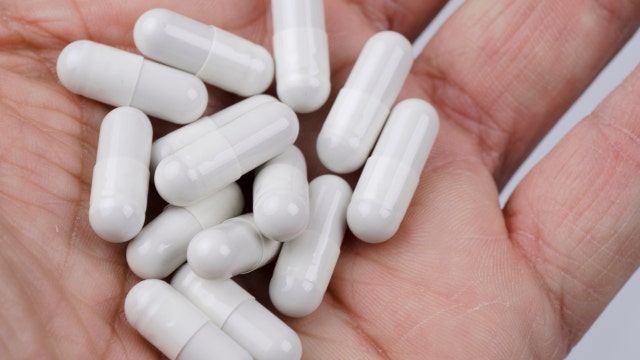Can probiotics fight depression?
Q&A With Dr. Manny: I read probiotics can help with depression. Is this true and how much should I take?
Probiotics have long been hailed for promoting “good” bacteria in the gut— aiding digestive issues like irritable bowel syndrome (IBS) and antibiotic-related diarrhea. They’ve also been used to regulate urinary tract issues and skin woes like eczema. Although those benefits have been well known since the ’90s, emerging studies suggest probiotics may also benefit the mind.
We recently got this question from a viewer:
Dear Dr. Manny,
I read probiotics can help with depression. Is this true and how much should I take?
Thanks,
Amy
"According to the latest research, probiotics could be a very important intervention for mental health and specifically for depression and anxiety,” Dr. Kelly Brogan, a holistic psychiatrist and the author of “A Mind of Your Own,” told FoxNews.com. “In fact, they are often referred to as ‘psycho-biotics’ because of what we are learning about about the gut and the microbes that make up the ecology of the gut directly impact the brain behavior, mood and cognition."
Probiotics can be found in supplement form as well as in the following 4 foods:
1. Yogurt
2. Dark chocolate
3. Raw, unpasteurized cheeses
4. Fermented veggies such as kimchi, sauerkraut and pickles.
Brogan recommended consuming 15 to 20 billion units of probiotics with both lacto-bacillus and bfido-bacterium strains daily. She said this variety of the nutrient has the strongest link with improved depression and anxiety.
According to the National Institutes of Health (NIH), about 18 percent of American adults suffer from an anxiety disorder and about 7 percent suffer from major depression.








































